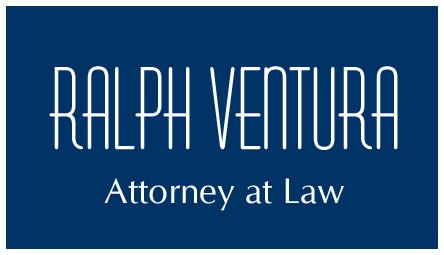Preventing Elder Financial Abuse
Following up on my last article on elder financial abuse, many people have emailed me asking what steps they can take to protect their elders. While no list can be comprehensive, the following steps can form part of an overall protection strategy.
Stay Involved
First and most important, trusted adults need to stay involved in the lives of their elders. This can mean as little as visiting frequently to as much as taking responsibility for their finances. However, taking over their finances can be difficult when elders object. Just as many older people may not be willing to give up their car keys many will not wish to give up financial control.
Review Their Finances
As part of remaining involved in their lives and if possible, trusted adults should review their elders’ financial accounts looking for odd or suspicious transactions. This may be something as innocuous as buying the same item multiple times a day or something more serious such as unusually large withdrawals. The former might be evidence of cognitive decline while the latter might indicate Stranger Danger.
Stranger Danger
For decades now, children have been taught to be wary of strangers, a concept taught to them in school as “stranger danger”. This applies to elders as well.
Whether financial control is granted to a trusted family member or not, trusted family members should remain cognizant of the sudden appearance of new people in their elders’ lives, especially those who might be one or even two generations younger than the elders. Oftentimes, these new people are a welcome addition to the elders’ lives. However, many times these new people may simply be looking for ways to establish dependency on them and thereafter drain the elders of resources.
The pattern is well-established. Find an older, lonely person; befriend them; offer to accompany them to appointments; offer to help with errands; offer to help with finances; take over their finances; as they decline in years, have them sign over a deed to their house. This pattern is all too common and can be avoided by the continuous involvement of trusted family adults.
Establish a Trust
If possible, try to have their assets placed in a trust. A well-written trust can serve as both a vehicle to shield elders from Stranger Danger and also provide a mechanism to protect them once they are no longer able to manage their own affairs. Such a trust would provide for medical and financial guardians and proxies and can provide a mechanism for taking over control once elders have proved incapable of taking care of themselves. Ultimately, such a trust would also serve to avoid the expense and delay of probate.
Obtain a Power of Attorney
If a trust is not possible, then at minimum try to obtain a durable power of attorney. Although not as effective or powerful as a well-written trust, a well-written DPOA will nonetheless go a long way toward enabling a trusted adult to manage the affairs of their elders. Powers of attorney, however, can always be rescinded by the elder. Moreover, they need to specify powers in a detailed fashion. The more detailed the better, but the more detailed the longer and more complex the document. Many elders may balk at what they might consider an excessively lengthy and legalistic document.
Listen for Key Terms
Strangers who attempt to take over older people’s financial resources will often resort to powers of attorney, trusts or even deeds. A trusted adult who hears their elder mention a power of attorney, trust or deed that involves an unknown person or a non-family member should inquire into these transactions. Where there’s smoke there’s fire.
Establish a Formal Guardianship
While this method is the most comprehensive, it can also be the most expensive and involved of all other methods. As such, I will cover this in a future article.
Engage a Law Firm
All the above actions and procedures will be greatly enhanced by engaging competent counsel. Using forms off the internet might possibly work, but the reality is that the field is too complex for the average person to safely handle and the risk of fatal error is too great. Engage a lawyer -- it's cheap insurance.
Links to Interviews
For those who missed the previous article, I've included links to my interviews with WSVN Channel 7, and The Miami Times. Below are the links to two of the interviews.
***
This article is provided for informational purposes only and is not intended as legal advice. For further inquiry, please feel free to contact me at the email or telephone listed below.

